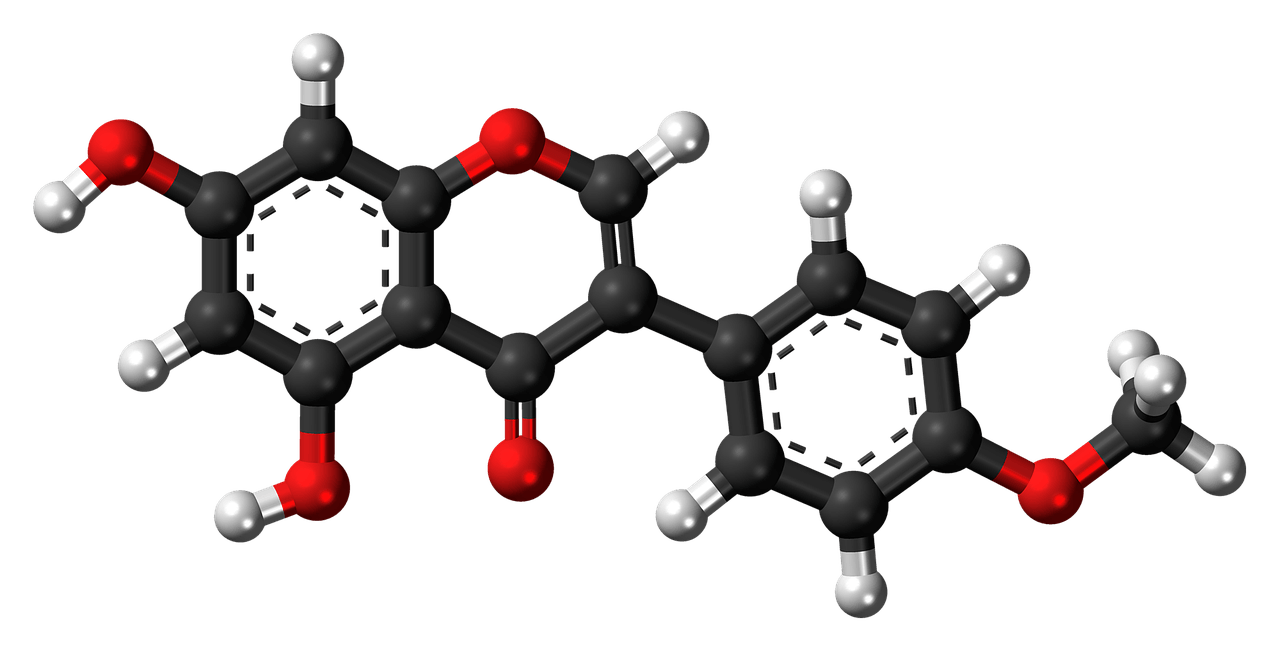Black soybeans (“kuromame”), a type of legume native to China and consumed widely throughout Asia, have long been noted for their ability to help with weight control. You are about to learn exactly how black soybeans help with weight loss, and how you can make your own very own kuromame tea. An article published in the Journal Of Obesity notes that black soybeans hold promise for treating obesity, so read on and start making them a regular part of your diet today.
No single food or supplement can cause or maintain weight loss. It is vital to make significant changes to your lifestyle – including your exercise habits along with your food intake – if you are to lose fat and keep it off. However, there is a growing body of research demonstrating that black soybeans contain specific compounds and properties which could aid in maintaining a healthy weight if consumed on a regular basis.
Isoflavones
Isoflavones are natural compounds found in many foods, including black soybeans. Not only are isoflavones anti-oxidants that can lower your risk of various forms of cancer, but they can also aid weight loss by improving the body’s ability to process fats.
Polyphenols
Black soybeans are rich in a polyphenol called anthocyanin, which has been shown by researchers to limit fat absorption by increasing lipid metabolism. For instance, a study published in the Journal Of Medicinal Food in 2007 demonstrated that in mammals (specifically, mice) anthocyanin helps offset weight gain from a high-fat diet.
https://en.wikipedia.org/wiki/Polyphenol
Fiber
As is the case with most legumes, black soybeans are high in fiber. Fiber plays an important role in regulating blood sugar. Why is this significant for those trying to lose weight? Well, steady blood sugar levels make you less likely to experience hunger pangs between meals. In turn, this can help you regulate your food intake. Research shows that a high fiber intake may prevent obesity.
Saponin
Saponins are compounds that occur naturally in many plants and often foam when mixed with liquid. Scientists writing in the International Journal Of Obesity found that rats fed a saponin compound gained significantly less weight than expected when placed on a high-fat diet. The rats in the study voluntarily decreased their calorie intake, suggesting that saponin intake may be associated with a natural decrease in appetite. Therefore, if black soybeans are consumed on a regular basis, it may be possible to reduce your calorie intake without feeling uncomfortable levels of hunger. The researchers even suggest that saponins could be a useful method of treating obesity in humans. Saponins lower cholesterol levels and may help the body process lipids.
Saponins come with additional health benefits besides assisting in weight control. They have anti-inflammatory properties, which may provide protection against a number of diseases such as arthritis. They may also play a role in lowering blood pressure and decreasing cardiovascular risk.
How To Make Your Own Black Soybean Tea
Go to your local Asian food market and pick up some beans. They are readily available and inexpensive to buy. Soak them for an hour before dry-roasting in a pan until the skins burst. Microwave them for several minutes until completely dry and crunchy.
Making your own tea is quick and easy to do. Place 10-15 of the dry-roasted beans into a cup. Cover them with cold water. Microwave for approximately 90 seconds at 600W, leave to brew for a few minutes, and then drink. The beans can also be eaten afterwards as a healthy high-fibre snack. They are low on the Glycemic Index, which makes the tea and the beans in their original form a good addition to a diabetic diet.
Featured photo credit: FoodCraftLab/Flickr via flickr.com
















































